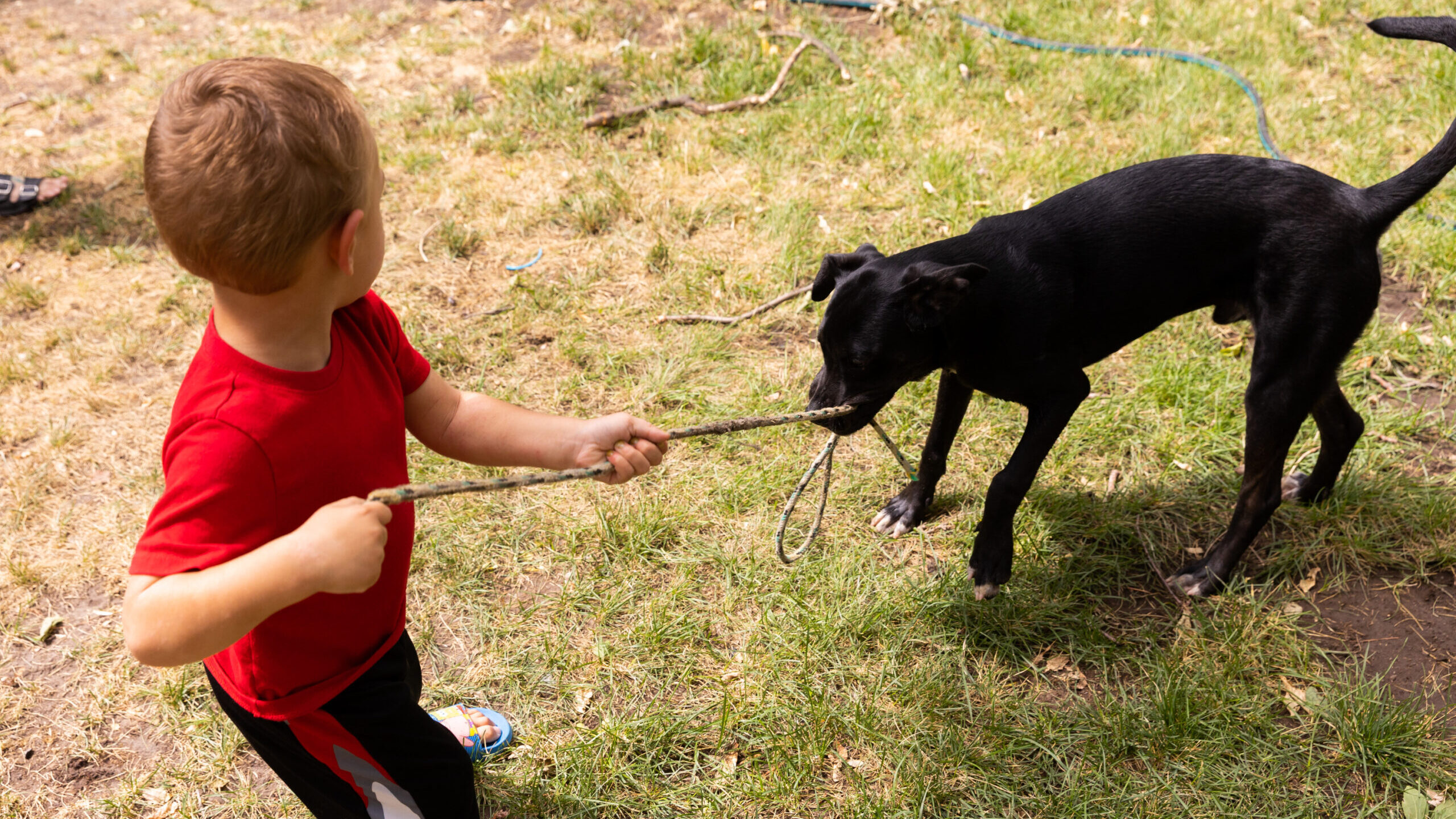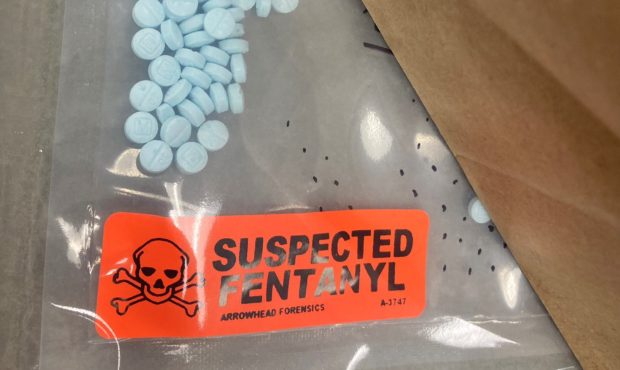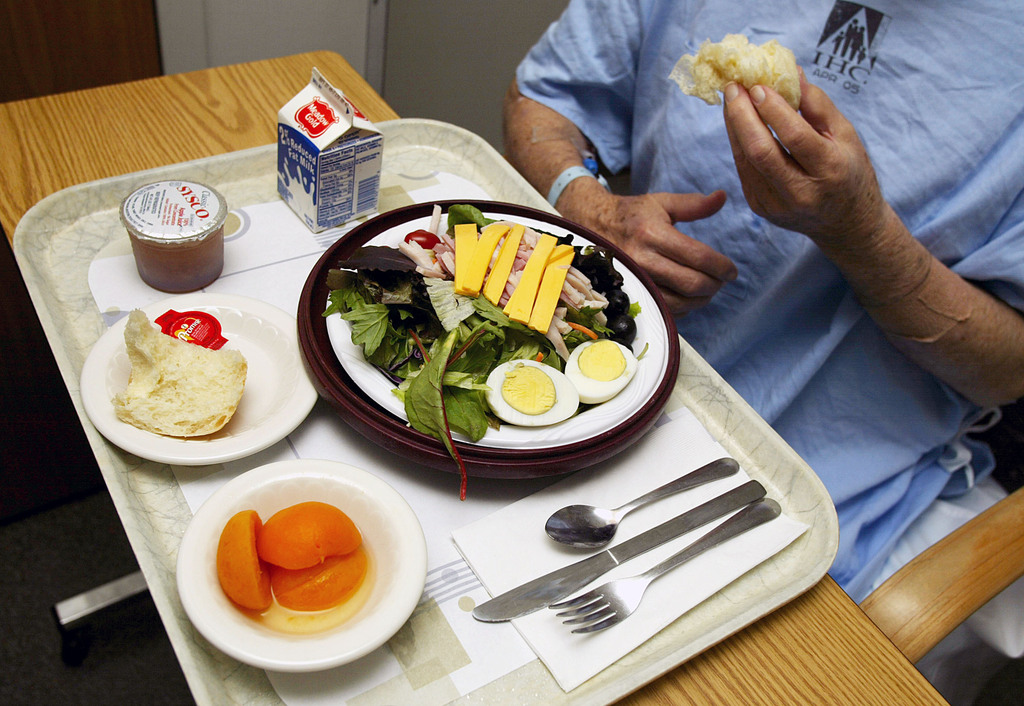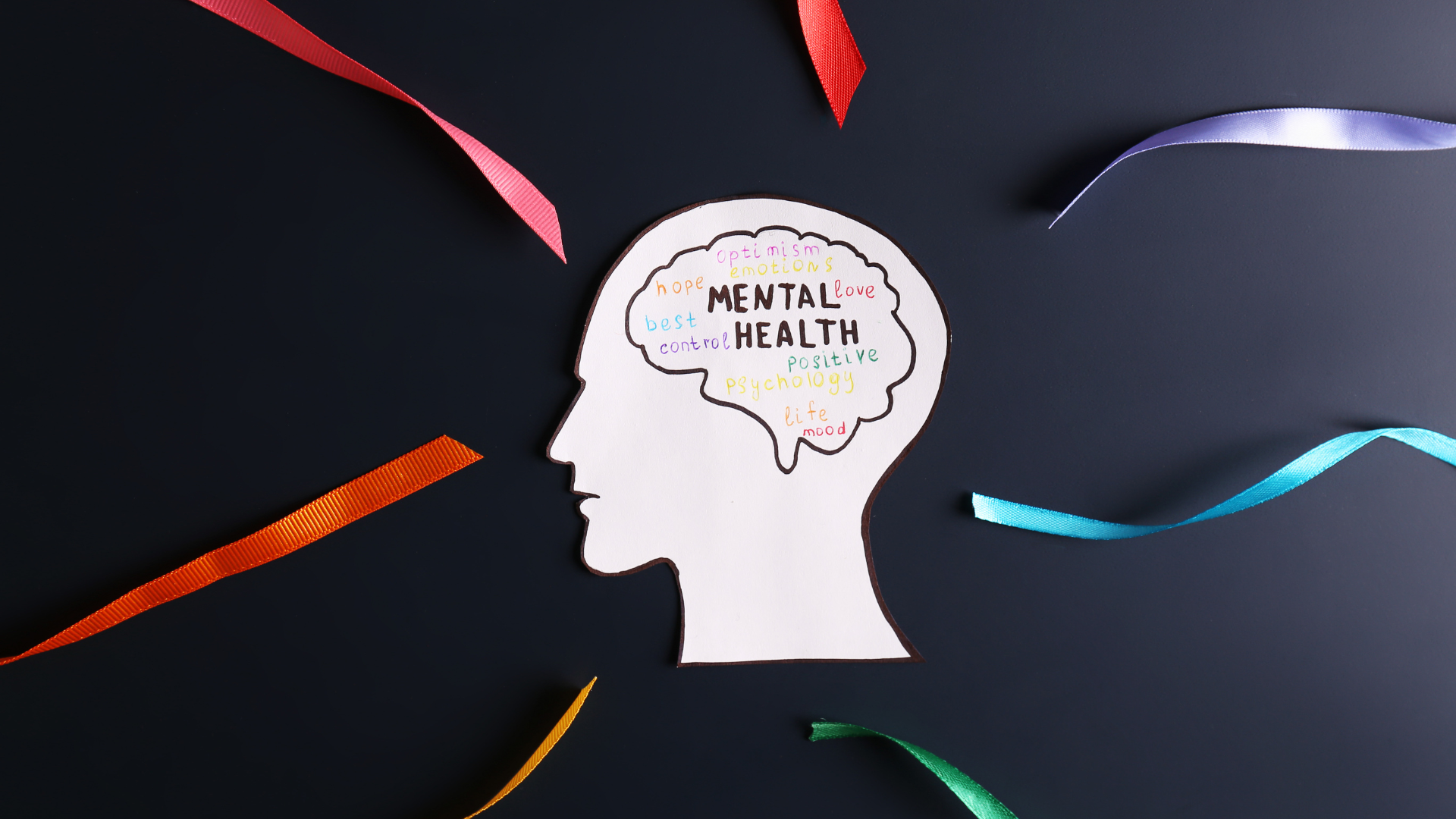Activists want leaders to address climate change/women’s health at COP28
Nov 21, 2023, 7:00 AM | Updated: 6:33 pm
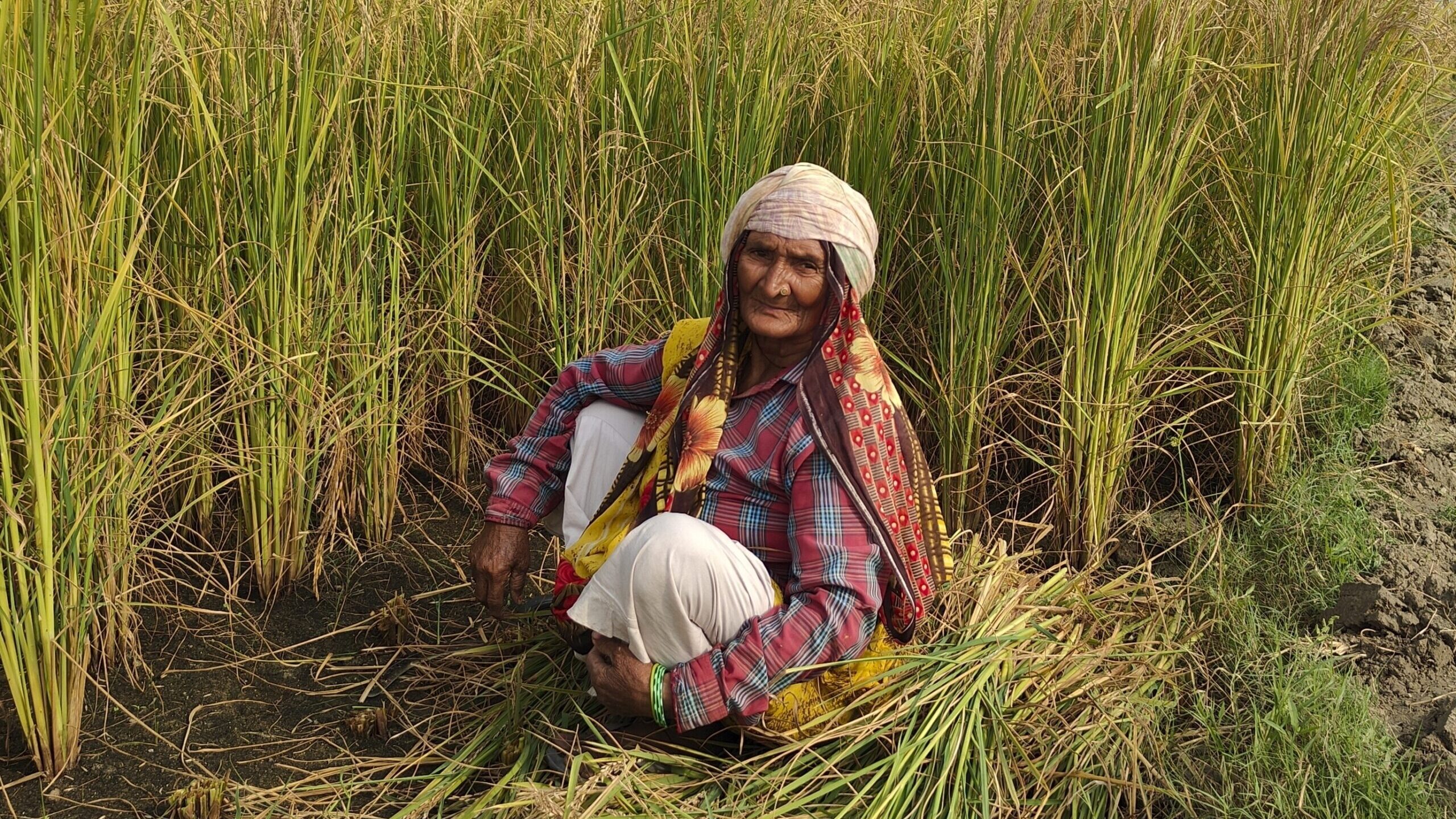
Mamta Kumari, a farm worker, takes a brief break between harvesting wheat on a farm in Nanu village in Uttar Pradesh state, India, on Oct. 17, 2023. As the annual U.N.-led climate summit known as COP is set to convene later this month in Abu Dhabi, experts are urging policymakers to respond to climate change’s disproportionate impact on women and girls, especially where poverty makes them more vulnerable. (Uzmi Athar/Press Trust of India via AP)
(Uzmi Athar/Press Trust of India via AP)
NEW DELHI (AP) — Manju Devi suffered in pain for two months last year as she worked on a farm near Delhi, unable to break away from duties that sometimes had her standing for hours in the waist-deep water of a rice paddy, lifting heavy loads in intense heat and spraying pesticides and insecticides. When that pain finally became too much to bear, she was rushed to a hospital.
Related: Worsening warming is hurting people in all regions, US climate assessment shows
The doctors’ verdict: Devi had suffered a prolapsed uterus and would need a hysterectomy. She hadn’t said a word to her family about her discomfort because of societal taboo over discussing a “women’s illness,” and with two grown children and three grandchildren looking to the 56-year-old widow to help put food on the table, Devi had relied on painkillers to stay in the fields.
“I endured excruciating pain for months, scared to speak about it publicly. It shouldn’t take a surgical procedure to make us realize the cost of increasing heat,” she said, surrounded by women who told of undergoing a similar ordeal.
As the annual U.N.-led climate summit known as COP is set to convene later this month in Dubai, activists are urging policymakers to respond to climate change’s disproportionate impact on women and girls, especially where poverty makes them more vulnerable.
___
EDITOR’S NOTE: This article is part of a series produced under the India Climate Journalism Program, a collaboration between The Associated Press, the Stanley Center for Peace and Security and the Press Trust of India.
___
Their recommendations include securing land rights for women, promoting women’s cooperatives and encouraging women to lead on developing climate policy. They also suggest that countries — especially developing countries like India — commit more money in their budgets to ensure gender equity in climate policies.
Group of 20 leaders who met in New Delhi in September also recognized the problem, calling for accelerating climate action with gender equality at its core by increasing women’s participation and leadership in mitigation and adaptation.
Devi is a farm worker in Syaraul, a village of about 7,000 a couple of hours southeast of Delhi in Uttar Pradesh, India’s biggest and most populous state. Several other middle-aged and older women from the village described similar injuries leading to hysterectomies.
The link between phenomena like uterine prolapse and climate change is indirect but significant, said Seema Bhaskaran, who tracks gender issues for the nonprofit Transform Rural India Foundation.
“Women in rural, climate-affected communities often bear the brunt of physically demanding agricultural work, made more strenuous by climate change-related challenges like erratic weather and increased labor needs,” Bhaskaran said. “While climate change doesn’t directly cause uterine prolapse, it magnifies the underlying health challenges and conditions that make women more susceptible to such health issues.”
About 150 kilometers (93 miles) away, in Nanu village, 62-year-old farm worker Savita Singh blames climate change for a chemical infection that cost her a finger in August 2022.
When her husband moved to Delhi to work as a plumber, she was left alone to tend the couple’s fields. As rice and wheat yields fell due to shifting climate patterns and a surge in pest attacks, Singh’s husband, who retained decision-making power, decided to increase the use of pesticides and insecticides. It was up to Singh, who had opposed the increases, to apply the chemicals.
“With the rise in pest attacks in farms, we have started using more than three times pesticides and fertilizers in our farms and without any safety gears my hand got burned by the chemicals and one of my fingers had to be amputated,” she said.
In Pilakhana, another Uttar Pradesh village, 22-year-old wage laborer Babita Kumari suffered stillbirths in 2021 and this year that she attributes to the heavy lifting she endured daily in working a brick kiln for long hours in intense heat. Climate change at least doubled the chances of the heat wave that hit the state this year, according to an analysis by Climate Central, an independent U.S.-based group of scientists that developed a tool to quantify climate change’s contribution to changing daily temperatures.
“My mother and her mother all have worked in brick kilns all their lives but the heat was not this bad even though they worked for more than eight hours like me. But for the past six-seven years the situation has worsened and heat has become unbearable to withstand but what option do we have than to endure it,” said Kumari, who lives in a makeshift camp with her husband.
Bhaskaran noted that women in India often assume primary roles in agriculture while men migrate to urban areas, which makes the women especially vulnerable to the direct effects of climate change. A government labor force survey for 2021-22 found that 75% of the people working in agriculture are women. But only about 14% of agricultural land is owned by women, according to a government agriculture census.
For Bhaskaran, it adds up to a picture of women sacrificing their health by working long hours in intense heat, exposed to insecticides and pesticides, and with uncertain access to clean water. On top of that, many are undernourished because they “often eat last and least within patriarchal structures,” she said.
Poonam Muttreja is a women’s rights activist who also directs the Population Foundation of India, a non-governmental organization that focuses on issues of population, family planning, reproductive health, and gender equality. She said it’s essential that COP28, the meeting in Dubai, take concrete action to help women.
She said COP28 should go beyond providing financial aid, and actively promote and facilitate the inclusion of gender considerations within all climate-related policies, initiatives, and actions.
“It must prioritize awareness programs that emphasize the specific health challenges women face in the wake of climate change as a critical step towards increasing public knowledge. These efforts will also serve as a call to action for governments, institutions, and communities to prioritize women’s health and well-being as a central component of their climate initiatives,” she added.
Anjal Prakash, a professor and the research director at the Bharat Institute of Public Policy at the Indian School of Business, coordinated a working group that examined gender for a recent assessment by the United Nations’ Intergovernmental Panel on Climate Change. He said it will take international pressure to overcome some countries that may quietly oppose gender-sensitive climate policies due to conservative ideologies and political barriers.
Finding money will also be a formidable challenge, he said.
Shweta Narayan, a researcher and environmental justice activist at Health Care Without Harm, said women, children and the elderly are among the most vulnerable to extreme climate events. She saw reason for optimism at COP28 because of a dedicated Health Day at the conference.
“Definitely there is a very clear recognition that climate has a health impact and health needs to be considered more seriously,” she said.
___
Associated Press climate and environmental coverage receives support from several private foundations. See more about AP’s climate initiative here. The AP is solely responsible for all content.



